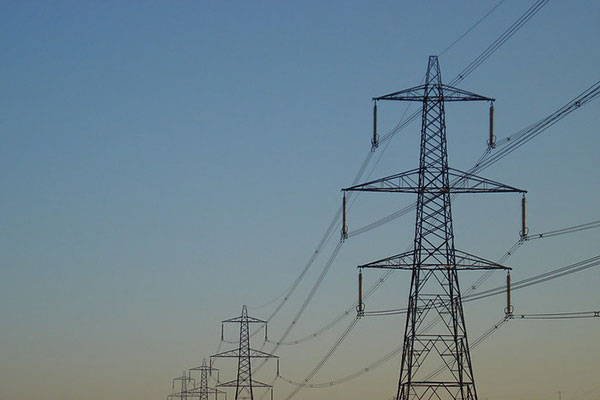Two US electric utilities recently declared something remarkable: It’s cheaper to tear down their coal plants and build renewable-energy plants than to keep the old boilers running. For the utilities, the goal is now to retire their coal plants and exceed the economy-wide climate targets set in the Paris Agreement: an 80% reduction of carbon emissions from 2005 levels by 2050.
It’s a surprising move by two (primarily) coal-powered utilities in the American West, but get ready for more. Economics, and politics, are fast converging on a consensus. Committing to a 100% carbon-free goal, even before we quite know how to reach it, is good for business.
The first to make the announcement was Xcel Energy, a utility serving 3.6 million people in eight states from Minnesota to New Mexico. On Dec. 4, the company said it would hit an 80% reduction target by 2030, and eliminate all carbon emissions from its power plants by 2050. Two days later, Colorado’s Platte River Power Authority (an Xcel competitor) approved its own goal of 100% carbon-free energy by 2030.
Jason Frisbie, general manager of Platte River Power Authority, said it was just an admission of economic realities, not a political statement. “This whole thing started because the board wanted to recognize the shift that has already been taking place in the business for several years,” he told a local newspaper. Cities buying its electricity were demanding clean energy, and the price of renewables had tumbled below even the cheapest fossil fuels.








Comments